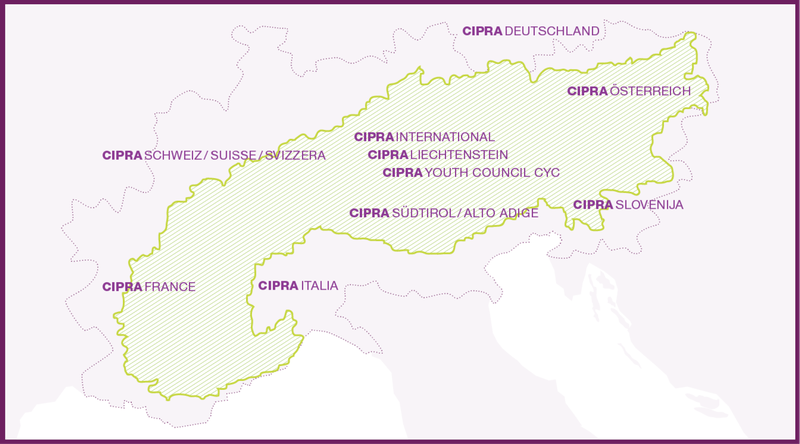Laura Haberfellner, CIPRA International Lab
Innovation to counter emigration
Emigration and the brain drain in the Alpine region: a new EU project involving CIPRA aims to counteract this trend. It is testing innovative governance models to strengthen mountain regions and create a win-win situation for regions of origin, destinations and young emigrants.
Who is CIPRA?
Find out more!
More articles
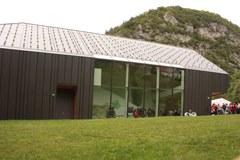
alpMedia | Schaan, LI
An Alpine Museum for Slovenia
In early August more than 1'000 mountaineers and mountain enthusiasts attended the opening of the Slovenian Alpine Museum (Slovenski planinski muzej - SPM) in Mojstrana/SI. The multitude of guests who attended underlines just how strong the demand is for such an institution in the Slovenian Alps. Slovenia owes its Alpine Museum first and foremost to Miro Eržen, who fought for the project for 25 years. The new Museum was officially inaugurated by the President of Slovenia Danilo Türk.

alpMedia | Schaan, LI
Europe's mountains: rich in biodiversity but increasingly vulnerable
In its study 10 Messages for 2010 - Mountain Ecosystems the European Environmental Agency takes a closer look at Europe's mountain regions. Compared with the lowlands, regions above the tree line are home to a richer variety of plant and animal species. The biggest threats include land abandonment, intensification of agriculture, infrastructure development, unsustainable exploitation and climate change.
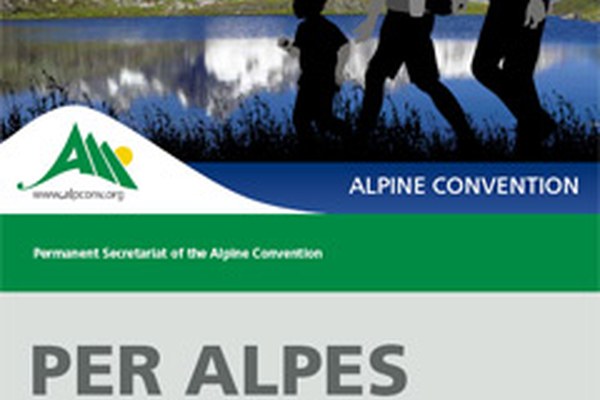
alpMedia | Schaan, LI
Per Alpes - Discovering the Alps in 20 circular walks
Such is the title of the hiking guide that has just been published by the Permanent Secretariat of the Alpine Convention. It showcases and describes 20 selected trekking routes across the alpine arc, touching on all the alpine states that are part of the Alpine Convention. By presenting the Alps as a tourist destination that goes beyond the national borders of the individual countries this book contributes in its way towards implementing the Alpine Convention's protocol on tourism.
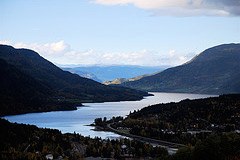
alpMedia | Schaan, LI
Innovation in mountain areas: European Mountain Convention
Innovation as the key driver for sustainable development in mountain areas: such is the theme of this year's European Mountain Convention, which is being held in Lillehammer, Norway, from 15th to 17th September. The conference will offer participants the opportunity to discuss sustainable development in their mountain regions and communities and to find out more about innovative projects in European mountain regions.
Events
|
RECHARGE EUROPE | Alpbach (Austria) |
Projects

CIPRA International
Cross-border mobility
[Project completed] Tens of thousands of commuters move across national borders every day in the Alpine region. Existing traffic routes, however, were mostly built with a purely national perspective and are not geared to cross-border commuter flows. The result is overloaded roads, noise and pollution for local residents.

CIPRA International Lab
PlurAlps
[Project completed] The Alpine area is experiencing the combined challenges of an ageing population and new migration models. At the same time, opportunities for social innovation and development arise from increasing cultural diversity and pluralism. Mountainous and peripheral Alpine municipalities and regions are specifically concerned and need technical support and new approaches to develop a welcoming culture, which should be credibly embraced and implemented by municipalities, SMEs and civil society.
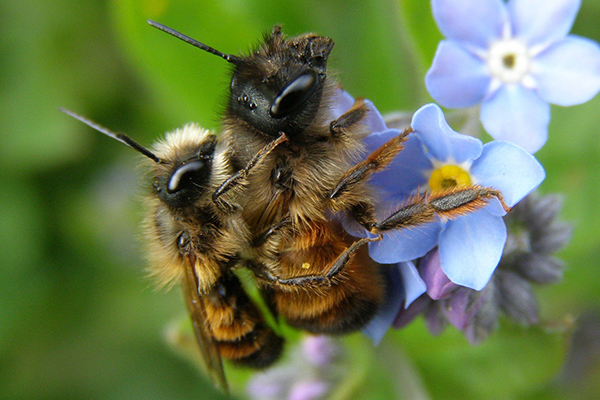
CIPRA International
BeeAware!
[Project completed] The aim of the project BeeAware! is to inspire communities in the Alps for bee protection and thus to improve the livelihoods of honey and wild bees. Bees are depending on an intact biodiversity. The different bee species need different plants, nesting and drinking places in order to survive. Integral bee protection therefore means securing, improving and enlarging the habitat of these important pollinators.

